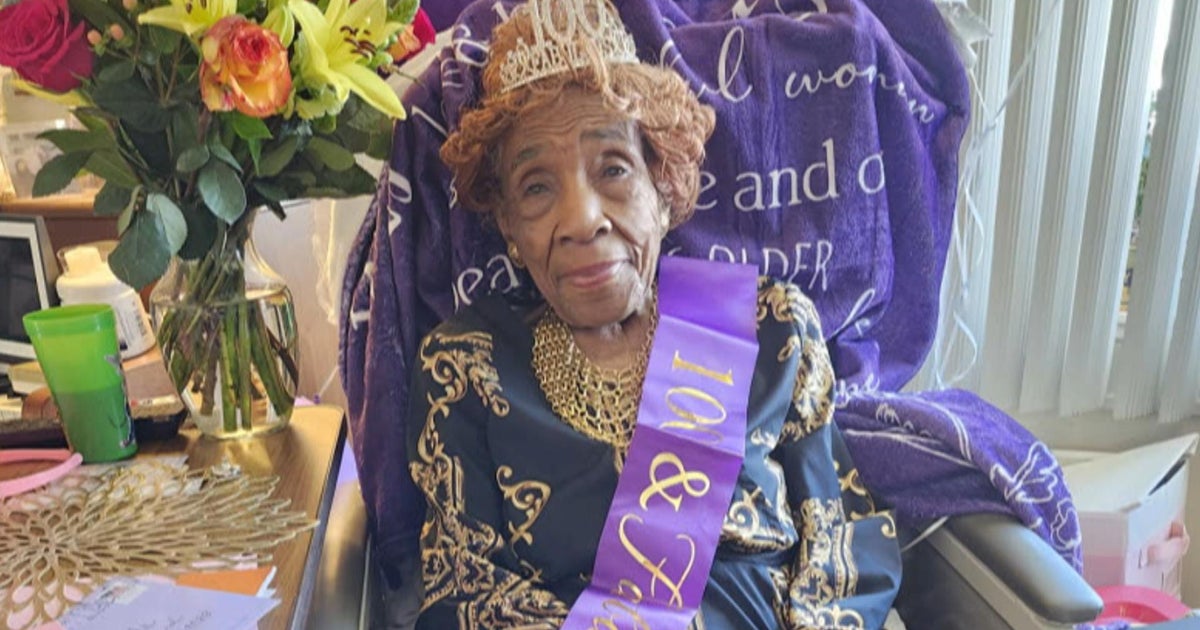Famed Chicago Film Critic Roger Ebert Dies
(CBS) – Famed Chicago film critic Roger Ebert, the central Illinois native who helped popularize film criticism with his accessible writing and multimedia presence, died Thursday. He was 70.
The Pulitzer Prize-winning critic, who celebrated his 46th year with the Chicago Sun-Times this week, had been beset with a staggering series of illnesses in recent years, including cancer of the thyroid and salivary gland.
Ebert died at the Rehabilitation Institute of Chicago.
"I am devastated by the loss of my love, Roger -- my husband, my friend, my confidante and oh-so-brilliant partner of over 20 years. He fought a courageous fight," Ebert's wife, Chaz, said in a statement posted on rogerebert.com. "I've lost the love of my life and the world has lost a visionary and a creative and generous spirit who touched so many people all over the world."
Slowed the past decade by his health problems and left without much of his jaw and the power of speech after surgery, Roger Ebert nonetheless continued to contribute movie reviews, essays and blog entries to his website. In a column posted there Tuesday entitled 'A Leave of Presence,' he wrote that he recently had stepped back from his usual workload of movie-reviewing to concentrate on his latest bout with cancer, which doctors first thought was a fracture.
"On this day of reflection I say again, thank you for going on this journey with me. I'll see you at the movies," Ebert said in the last line of that column.
The Urbana, Ill. native was credited with bringing movie criticism to a wide audience, in large part through the pioneering, long-running syndicated television show, first called "Sneak Previews" in 1975, that he hosted with Chicago Tribune movie critic Gene Siskel. The two had a feisty relationship on-camera that fueled the show's appeal and made them celebrities. Siskel died in 1999, and Ebert continued with different critics until the end of the show, which spawned the now-famous phrase "Two thumbs up."
"The world has lost one of the greatest film scholars and supporters it has ever known. Roger's long, personal battle to continue sharing his love of film with his legions of fans, despite incredible obstacles, is unsurpassed," Siskel's widow, Marlene Iglitzen, said in a written statement. "Also unsurpassed is the love and strength of his wife, Chaz, who was his constant source of energy and the true focus of his life."
Throughout the day, friends and well-wishers stopped by to pay their respects at Ebert's Lincoln Park townhome. Two young film students from DePaul University, Sean Austin and Ryan Saunders, were among them.
"I remember reading his reviews when I was a little kid, in the Sun-Times," Austin says. "I was really taken aback by his love of film."
Ebert always considered himself a newspaper man, and he was widely praised as a writer. His colorful, narrative profiles of movie stars -- he was granted the type of access to Hollywood giants that would be unheard of today -- are considered textbook examples of fine feature writing. Among the stars he wrote about were John Wayne, Lee Marvin, Robert Mitchum and Clint Eastwood. As a film critic, his taste varied; he would champion a well-made exploitation film as readily as a foreign film that deserved a wider audience.
"I think he'll be remembered most for taking film criticism to the masses and making it interesting and getting rid of the snob factor," Don Dupree, longtime director of Ebert's television show, said. "Roger was a guy who was an amazing and prolific writer, yet he was a writer that you could read his reviews and like them and enjoy them whether you saw the movie or not."
Along with Siskel, Ebert wielded influence with ticket-buying moviegoers. But he was always fair, even while skewering a poor film, says colleague Dann Gire, film critic for the Daily Herald. Even moviemakers appreciated that, he adds.
"They knew he knew what he was talking about," Gire told WBBM Newsradio. "They had to respect him because he was never venal. He was never mean, he was never brutal. He never used his powers for negativity."
Dann Gire On Roger Ebert
In recent years, he established an "Overlooked Film Festival" at the University of Illinois campus he attended, to recognize movies that did not get their due upon initial release. It became known as "Ebertfest."
The tributes to Ebert began flowing immediately and included a written statement from President Obama.
"Michelle and I are saddened to hear about the passing of Roger Ebert," he said. "For a generation of Americans -- and especially Chicagoans -- Roger was the movies. When he didn't like a film, he was honest; when he did, he was effusive - capturing the unique power of the movies to take us somewhere magical."
Chicago Mayor Rahm Emanuel said Ebert was "synonymous with two things: the movies and Chicago."
"Roger Ebert will be remembered for the strength of his work, respected for his courage in the face of illness, and revered for his contribution to filmmaking and to our city. The final reel of his life may have run through to the end, but his memory will never fade," the mayor said in a written statement.
Celebrities, meanwhile, took to Twitter to express their sadness. Oprah Winfrey, a longtime friend of Ebert's, offered this observation:







